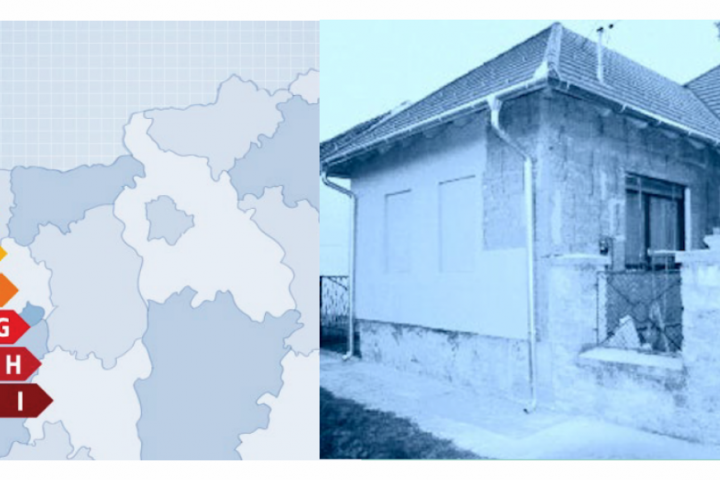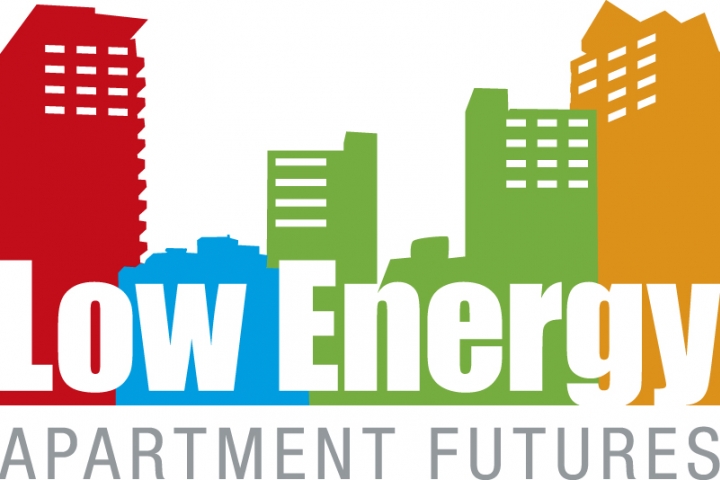Energy Performance Certificates
An energy performance certificate is a technical document issued by an independent expert. It provides information on the energy consumption of a building or an apartment, namely, information in a simplified form on how much heating the given apartment would require. It also gives suggestions on energy saving options.
An energy performance certificate has to be issued whenever a privately owned piece of real estate is sold or rented out. As for public buildings, all buildings larger than 250 sqm, occupied by public authorities, such as government offices or municipal offices, have to have an energy performance certificate issued and clearly displayed.
The certificate provides information on the expected annual energy consumption of the building based on the state of the building (e.g. thermal insulation, heating system, heat losses). This index shows the building’s annual energy demand per square metre (kWh/sqm).
The certificate classifies buildings based on their energy consumption: energy performance class “AA++” is the best category, “JJ” is the worst one. This way it is possible to compare different buildings and apartments in an easy and objective way.
The average Hungarian residential building is class “FF”, with an annual energy demand of about 200-250 kWh/sqm. Some old detached houses that have not been refurbished yet can show an energy demand as high as 400-500 kWh/sqm per year, whereas a modern house built in line with the latest requirements can operate on 80-130 kWh/sqm a year.
By introducing the energy performance certificate the European Union aimed at pushing the market demand towards modern, low energy buildings in the long run.
Certification can be issued by certifiers registered by the Hungarian Chamber of Engineers or the Chamber of Hungarian Architects.







